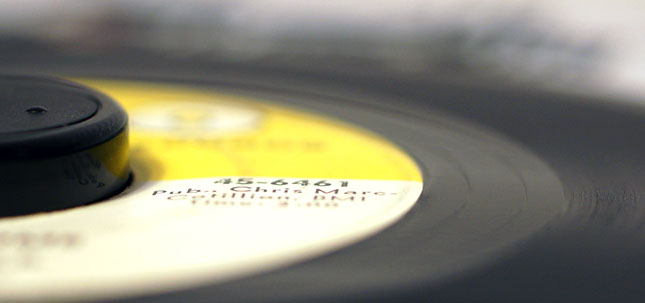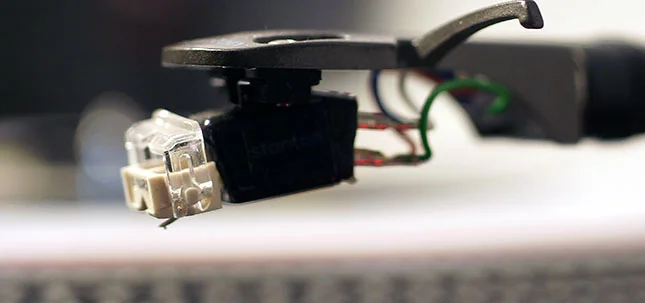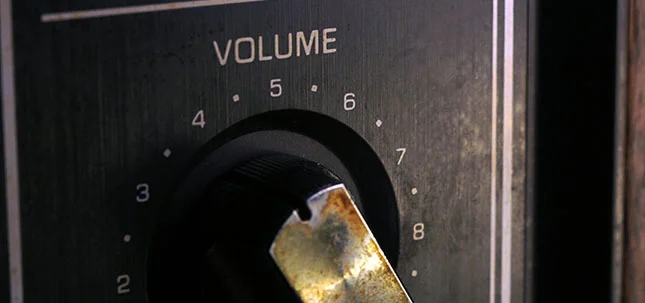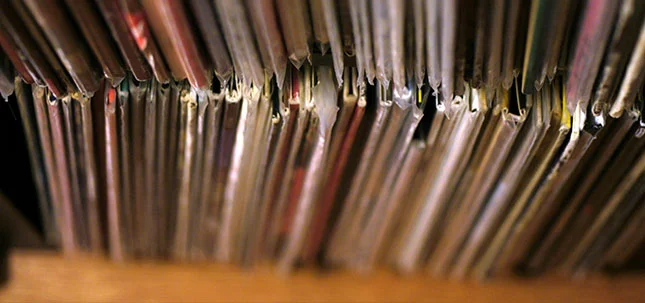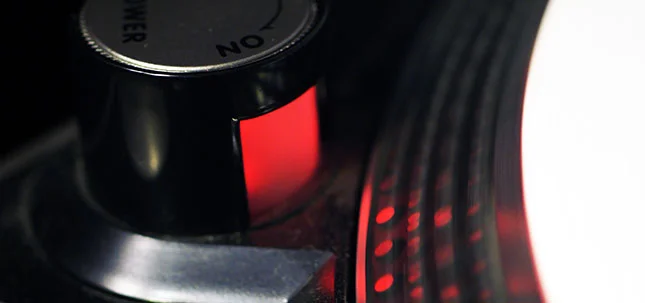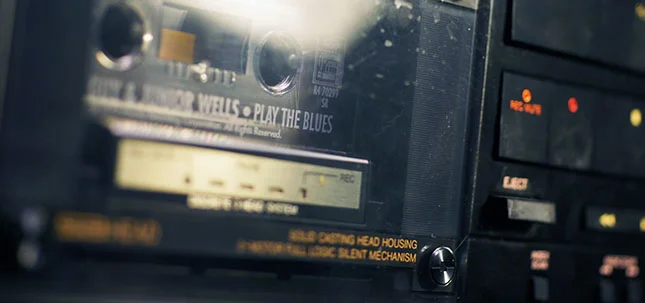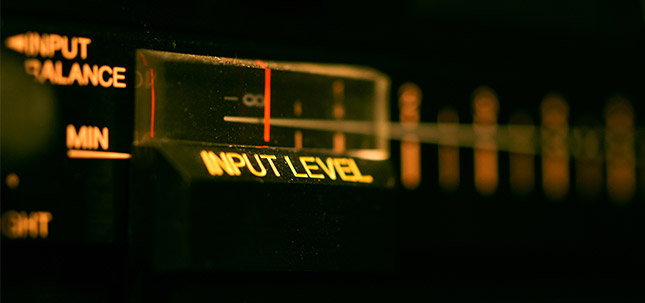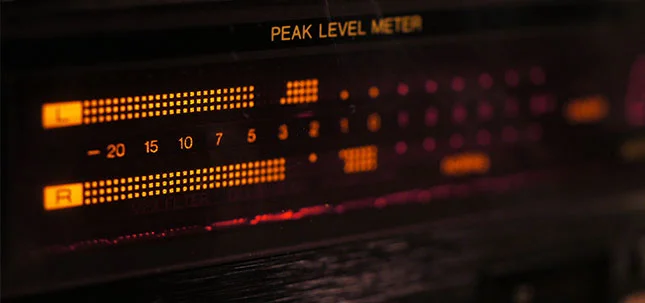Wherefore Art Thou, Brian Fallon?:
The Gaslight Anthem & Retroactive Continuity
Last month, Brian Fallon of The Gaslight Anthem released the first single from his upcoming solo album, Painkillers. The album marks the first major project that Fallon has embarked on since The Gaslight Anthem announced a hiatus back in July of last year.
Prior to that hiatus, The Gaslight Anthem released two key records: 2012’s Handwritten and 2014’s Get Hurt. These were the band’s first releases after leaving the independent SideOneDummy and joining major label Mercury Records.
During the tour for Handwritten, the band approached a three-night stand at New York’s Pier 26 and Irving Plaza in July. The first two shows were huge successes. Then, on the third night, this happened:
Brian’s plan of getting the crowd to sing-along with pop songs doesn’t go over well. The audience is obviously disinterested, but Brian forces it because it went over so well the night before. People just weren’t excited that everyone’s favorite New Jersey punk band was walking them through the verses for “Bad Romance” and then making fun of them for not knowing the lyrics.
After the show, Brian Fallon took to the band’s blog and wrote an entry dramatically titled “Tonight You Have Broken My Heart.” In the post, Fallon is coming to grips with the idea that he and his band now face expectations. These kinds of expectations are things that every artist must realize after the growing pains of a growing fan base: being the band that your fans have believed in, continuing to make music with impact and sincerity, and delivering a live show worthy of your reputation.
But Fallon has expectations for his audience, too. He wanted them to recreate something that spontaneously happened the night before. I feel like Brian was a little scared, really. His band was gaining the support of more people, but what if these people are coming to his shows for what he thinks are the wrong reasons? Fallon wants fans to show up for his music and the experience of his band, but it seemed like they kept drawing crowds who were hoping to get a glimpse of the original New Jersey prodigal son, Bruce Springsteen. Now where would they get that idea?
On the other hand, it’s hard to feel bad for Brian when-- after partnering up with Bruce onstage multiple times, years of mentioning his influence in interviews, referencing him countless times in his songs, and enjoying the boost of his endorsement-- he gets upset when the crowd responds with their sincere answer when Brian asks them which song they should cover that night.
This specific show was both a peak and catalyst for multiple choices that lay ahead for Brian Fallon and The Gaslight Anthem. Before the release of 2014’s Get Hurt, the band seemed intent on proclaiming that their next record would be completely different from their previous output. In an interview with Radio.com, Brian cites U2, Pink Floyd, Bon Iver, The National, and other artists who grew naturally due to changing circumstances.The Gaslight Anthem would be experimenting and branching out in ways that they hadn’t yet. Get Hurt might be an attempt at nullifying, somewhat, the arena rock, blue-collar sound that drew so many comparisons to Bruce Springsteen. Their underlying influences could shine through in ways that the press may not have noticed so well in the past.
In many ways, Get Hurt does this marvelously. This was not the straight-forward bar band that made The ‘59 Sound. The Gaslight Anthem toured the album, slowly dropped the newer songs from their setlists, and then went on their recently announced hiatus. Surely, part of this decision came from the identity struggles that Brian Fallon went through as his music was being heard by a wider audience. What Brian may have misunderstood about evolving as an artist was that it’s usually more important for change to come as an instinctive part of the creative process rather than a conscious decision.
So we come to last month and Brian Fallon’s solo project where-- after a few years of proclaiming that he is more than the sum of Bruce Springsteen and The Gaslight Anthem-- Brian Fallon released a song that sounds quite a lot like Bruce Springsteen and earlier tracks by The Gaslight Anthem.
Let me explain: I don’t think this is a bad thing and Brian Fallon isn’t rejecting the work he did between 2012 and 2014.
In the history of pop culture, there’s a term used called “retroactive continuity”-- or “ret-con,” for short. When writers or artists discover that they’ve backed themselves into a creative corner, they can hit a metaphorical reset button to keep everything neat and clean. For example, remember how at the end of the first Rocky movie, Apollo Creed is adamant that there won’t be a rematch? Then, at the very beginning of Rocky II (which takes place just hours after the original fight), Apollo is begging Rocky to fight him again? That’s retroactive continuity. The first film was successful, so a few plot points had to get fudged and smudged to serve the unforeseen interest in a sequel. These choices were made with new information and changing priorities within the creative projects of the Rocky films. I think this is what Brian Fallon is trying to do with his solo release. He’s not asserting that the last few years never happened; he’s recontextualizing them now that priorities have changed.
Retroactive continuity is especially prevalent in mediums with extremely lengthy histories like soap operas or comic books. A show like Days of Our Lives has been running for more than fifty years! With that sort of history, there are bound to be some odd discrepancies when new material gets cross-checked against the old. In the same sense, Brian has famously had issues with his remarkable ability to say the wrong thing at the wrong time.
In practically the same breath, he can extol the virtues of his influences while claiming that they aren’t, in fact, very important to him. His interviews and live shows over the last few years started to resemble tabloid thrashing. He called out Morrissey, Johnny Marr, The Replacements, Jawbreaker, and countless other legends for selling out, acting pretentious, or simply “not being that good.” But now that Brian was building his own history with the press and his audience, he couldn’t decide what kind of artist he wanted to be.
So Brian goes into the studio to cut his new record, realizes that he’s backed himself into a corner with abrasive interviews and onstage rants, and gives it all up. Glossing over the last three or four years, he hits the reset button and makes sure that “A Wonderful Life” sounds like Springsteen’s “Badlands” or practically anything off American Slang. He doesn’t seem scared or intimidated by comparisons to Bruce Springsteen anymore. The song sounds like Brian Fallon is finally comfortable again.
I was caught a little off-guard when I first heard the single. Like other fans, I’m sure, I’d grown tired of Brian’s constant attempts to reinvent what I loved about him as an artist, but I guess this is where I give him a second chance. “A Wonderful Life” is pretty good. It’s got classic Gaslight Anthem trademarks and it doesn’t have the same forced feeling that I thought was present in a lot of songs from Handwritten and Get Hurt.
I don’t want to say that this solo album will be an apology to fans after wandering too far off course, because I don’t think artists owe fans an apology for something like that. He tried a few new things and some of them didn’t work. That’s not the issue. The issue was Brian trying to shoehorn The Gaslight Anthem into something it wasn’t. But “A Wonderful Life” certainly sounds like something that could have been released when Brian Fallon was at the height of his creative output. Maybe Brian has stopped trying to force things. Maybe instead of commanding his audience to sing along, Brian Fallon is remembering how to convince people to do it.



